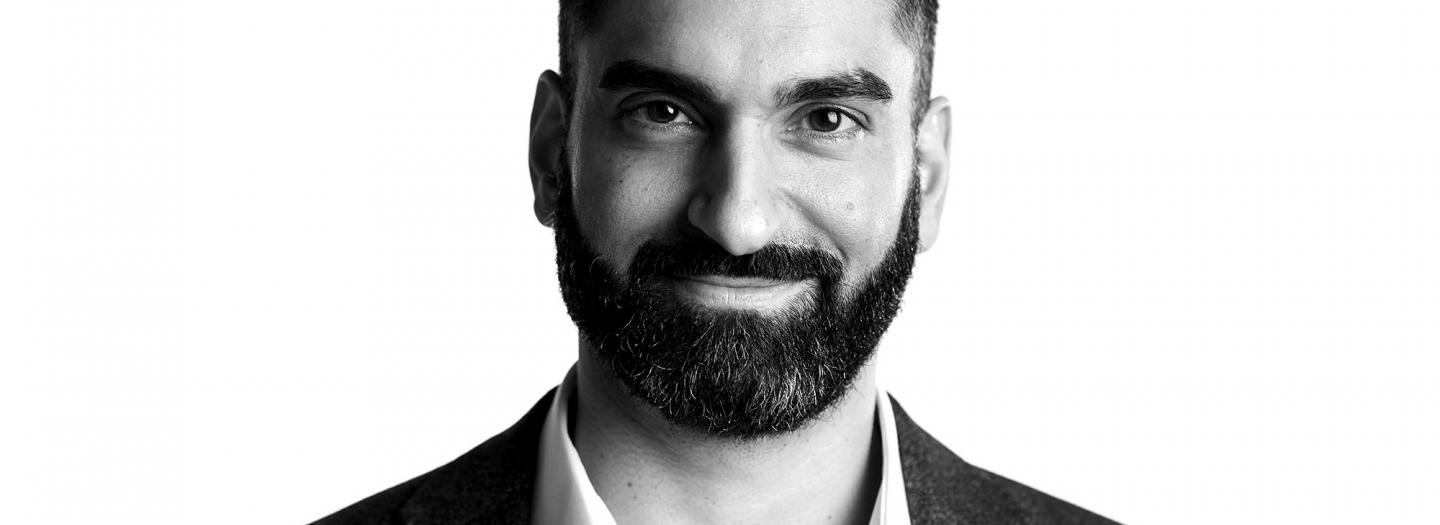Bijan Boldajipour, PhD, Postdoc Alum : Developing targeted cell therapies to fight cancer
Bijan Boldajipour is on the fast track at Kite Pharma, a subsidiary of Gilead.

Bijan Boldajipour is on the fast track at Kite Pharma, a subsidiary of Gilead.
